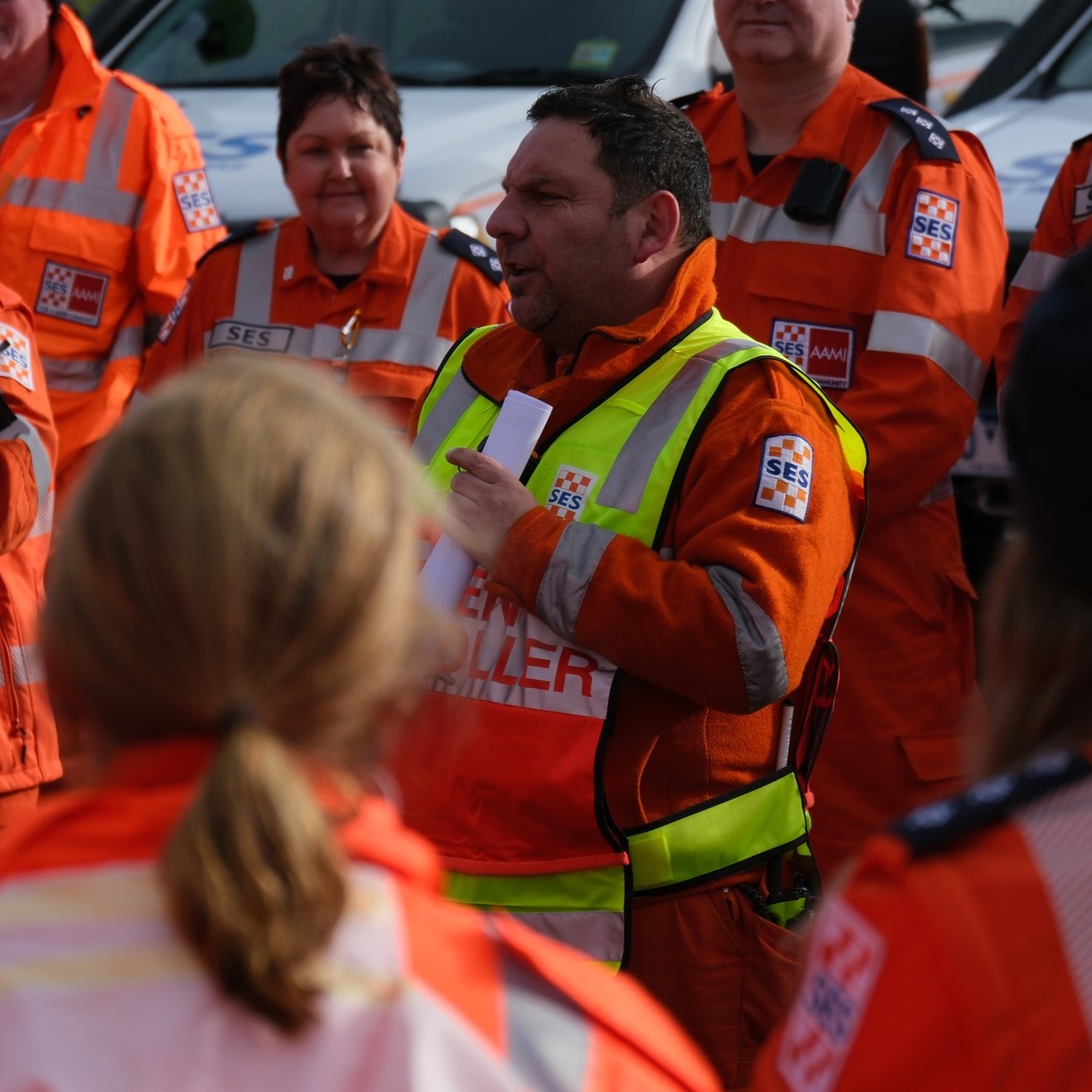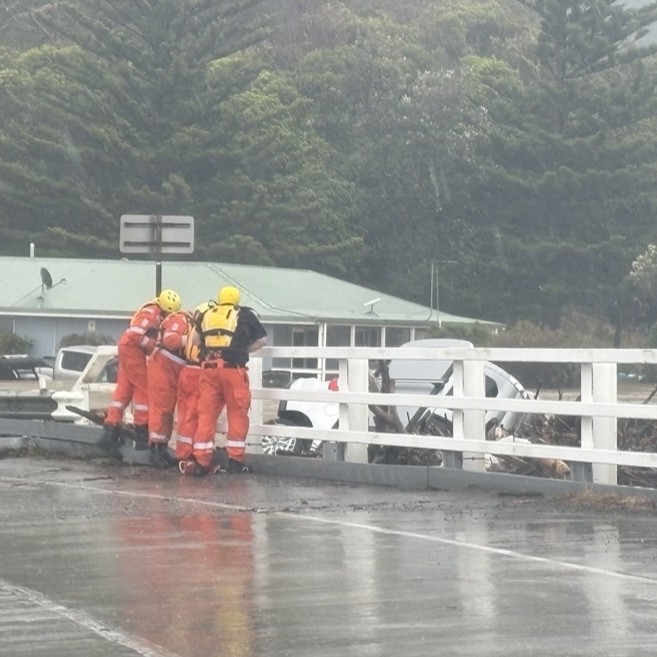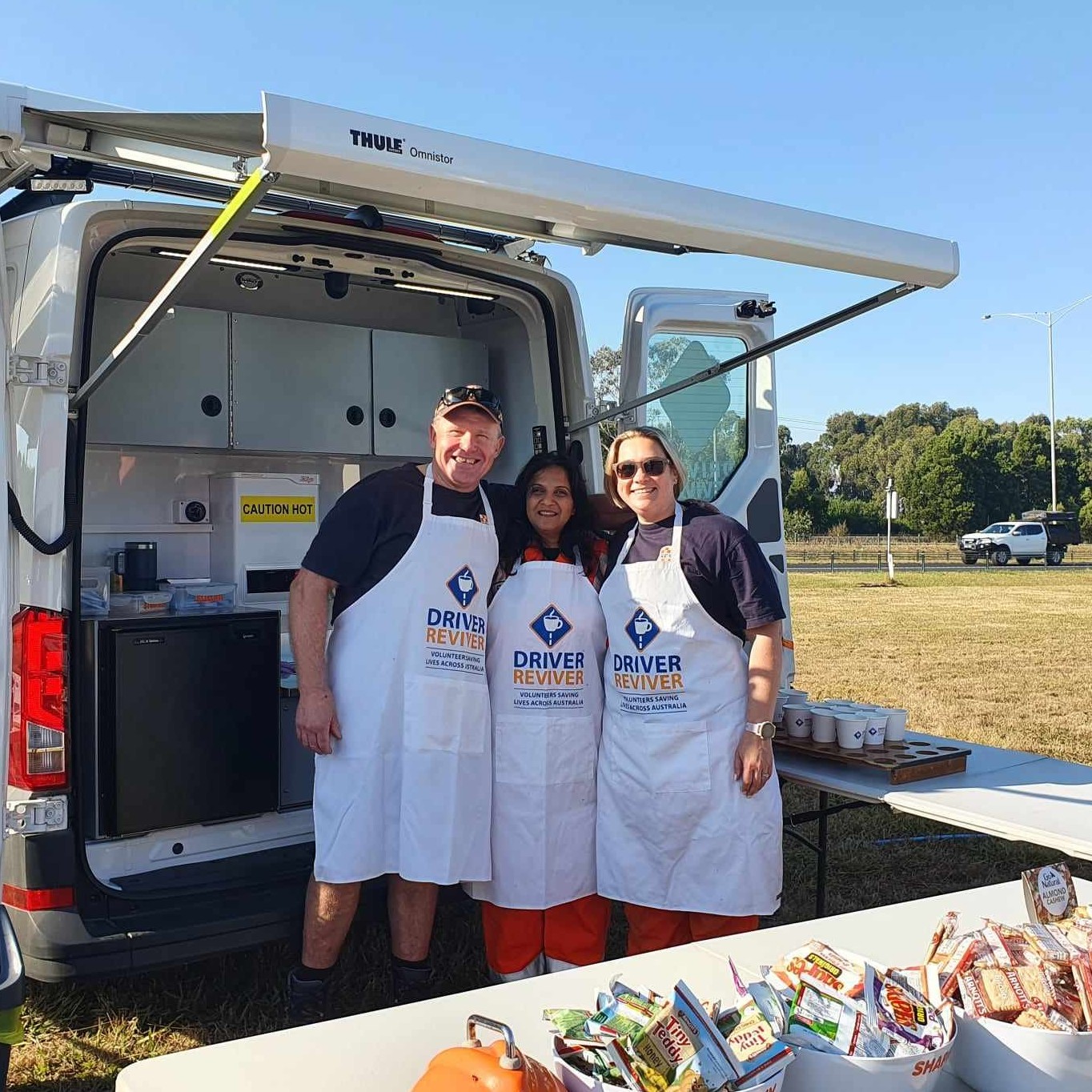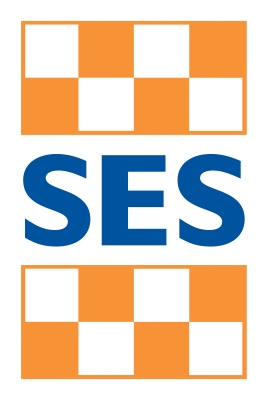How to plan and prepare for emergencies
Experience shows that if you make a plan and prepare for emergencies, you reduce the impact of the emergency and recover more quickly.
Plan ahead
Taking the time to learn about the kinds of emergencies likely to occur in your area, and making a plan to respond, will help you when the time comes to act. Having a plans means you can think clearly, have a greater sense of control and make better decisions. For the latest information and warnings for current emergencies in Victoria, go to the VicEmergency website, download the app or call the hotline (1800 226 226). Download the VicEmergency app for Android here, or for iPhone here.
How should I plan for an emergency?
Understand how to plan and stay safe in different situations:
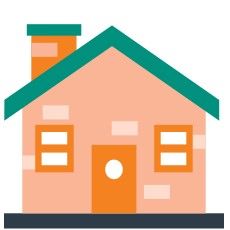
Planning and preparing for emergencies at home helps to protect your family; your property; reducing the impact of the emergency, so you can recover more quickly and get back to doing the things you love. Learn more.

How will floods and storms affect your business? What to do if a flood or storm emergency happens at your workplace. Learn more.
Before you go on an adventure, take the time to learn about where you’re heading, and be prepared if an emergency happens. Learn more.
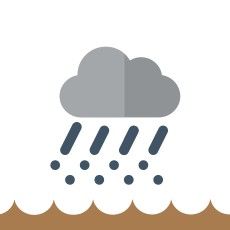
Taking the time to learn about the warnings, to think about emergencies and to make a plan helps you to think clearly, have a greater sense of control, and make better decisions when an emergency occurs. Learn more.

VICSES has partnered with Red Cross to help people prepare for emergencies by making that all-important emergency plan. Learn more.
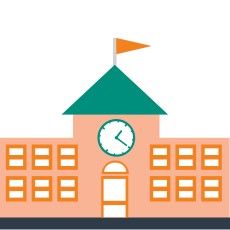
At VICSES, we hope all Victorian children will be aware of what will happen in an emergency. Here you can find resources for school projects, fun games, videos and activities for students and teachers. Learn more.
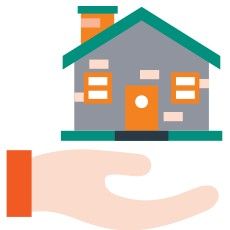
When emergencies happen, it's important to know that you can reach out for help in the recovery phase. Learn more.
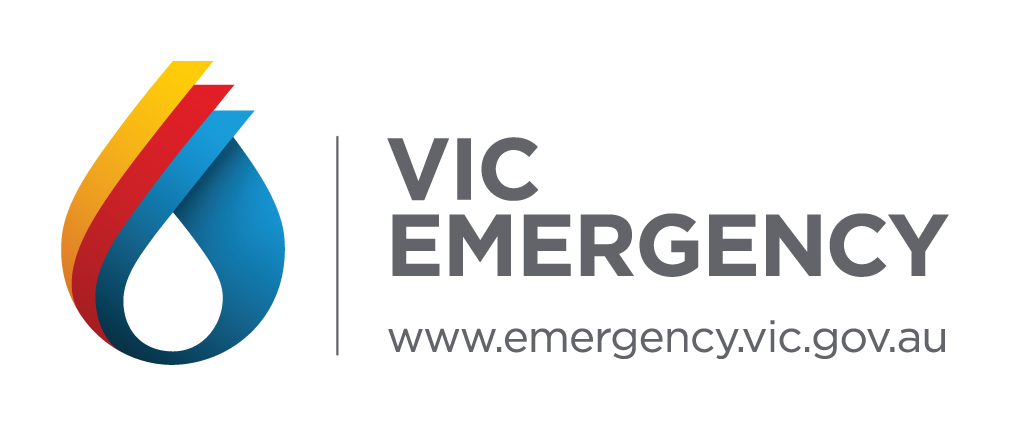
Stay alert for warnings and emergency advice across Victoria using the VicEmergency app, website or hotline.
- VicEmergency website.
- VicEmergency hotline: 1800 226 226.
- VicEmergency Facebook and Twitter.
Know what to do in a specific emergency?
Take the time to understand what you need to know about the specific emergencies that VICSES are involved with. Select from the hazards below to learn more about how you can plan and stay safe in specific situations:
Latest News
